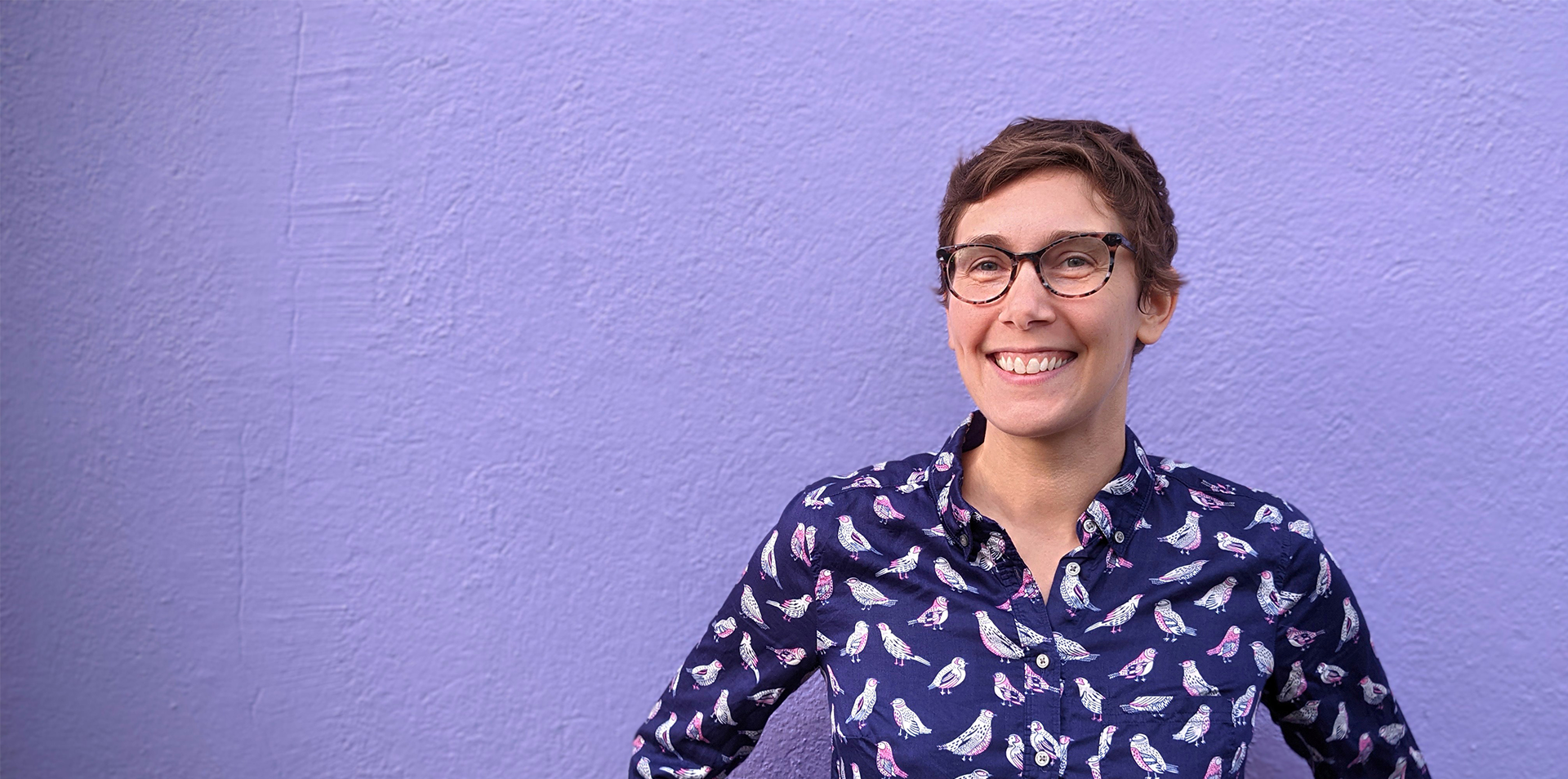This past Saturday at the SHINE09 unconferance, David Wilcox, Andy Gibson, Drew Mackie and I facilitated a version of what was called the Social Collaboration Game. We also had some great role playing contributions from Jess Tyrrell of Germination (playing the “Council Leader”) and Cliff Prior of Untld (playing the “Civil Society Minister in a new Tory Government of 2010”). The game combines elements of the Social Media Game, local real-world issues (at SHINE we used local regeneration topics), and the idea development and pitching of the Social Innovation Camp model.
David has written up an incredible rundown of the game, including the cards, the planning documents and more. Visit the SHINE socialreporter blog to read David’s post.
I wanted to add a bit to our process by adding in some feedback about how I think we can improve the game (we’ll be running it again at the June event for London Net Tuesday!). If you were there, I would love to hear your thoughts as well; and if you weren’t, well, read David’s post about how it all works and join the conversation!
Ways to improve the Social Collaboration Game:
- Appropriate context & naming: The name “social collaboration game” doesn’t tell you that you are going to be developing innovative ideas that leverage technology and tackle social change issues while in the format of pitching your idea/proposal/startup to a “funder.” The name and the brief description need to convey those elements immediately so we don’t spend a great deal of time explaining it in the first place when starting the game and so people aren’t confused when we give them technology cards, or ask them to prepare an overview of their project to present. What should we call it?
- Keep the timeline realistic: you never know how long it will take for groups or individuals to get through certain parts of activities until you try it, so we tried it, and now we know that initial group formation is pretty quick (at least as quick as we expected if not quicker), but creating/agreeing on an initial idea takes more time exponentially with more people (it isn’t a simple ratio of 5 people w/ 2 minutes to share each and 7 people with 2 minutes to share each = 4 more minutes; instead, it’s 5 people with 2 minutes each and 1 minute of feedback per other group member and 7 people with 2 minutes each and one minute of feedback per other group member, etc.). Part of keeping the timeline realistic is to build in buffer zones to the agenda so that you have give and take you can use without actually running into other time slots on the agenda.
- Narrow the goals: In this round of the game, we had planned that groups would form around possible ideas/topics, create a plan, pitch the plan for “funding” and also create a 3-year timeline of how an idea like that could unfold. That is a lot to do in a whole day, let alone an hour or two. We need to pick what’s doable and focus on that. Probably leave off the 3-year plan as I imagine that people are less interested in that kind of project development work when it is a fictional projects that they are not actually working on.
- Streamline the “pitches”: Similar to #3; we confused the participants by letting the “Council Leader” and the “Minister” circulate throughout the groups offering insights into the fictional Borough used in the game and offering different kinds of seed funding or advising. Then, we asked that the groups pitch to the same two people for ultimate funding (“winning”). If we limit the funding conversations to the end, I think groups will have more time to talk about their ideas and will worry less about understanding a fictional Borough. It would also be great, as a side note here, to allow groups to create their own contexts/Boroughs.
- More public sharing: The point of breaking people up into groups is that there can be many more engaged groups instead of one large group with minimal participation. This means we have 5 or 6 great ideas instead of one. But without a public sharing/pitching of the idea then the other groups never learn from each other. I’d like to see the end of the game include the pitches with the full group listening or even voting instead of letting the energy drop as groups pitch to the “funders” individually.
Obviously lots to talk about and we are really excited to facilitate the game in more contexts and with other groups! So many terrific conversations come out of a facilitated experiement like this and what’s most exciting are how promising and realistic the proposals are that are generated by participants!
Next, we need to create a wiki for the game so that we can capture these actual social innovations, keep participants connected, and continue the conversations!
